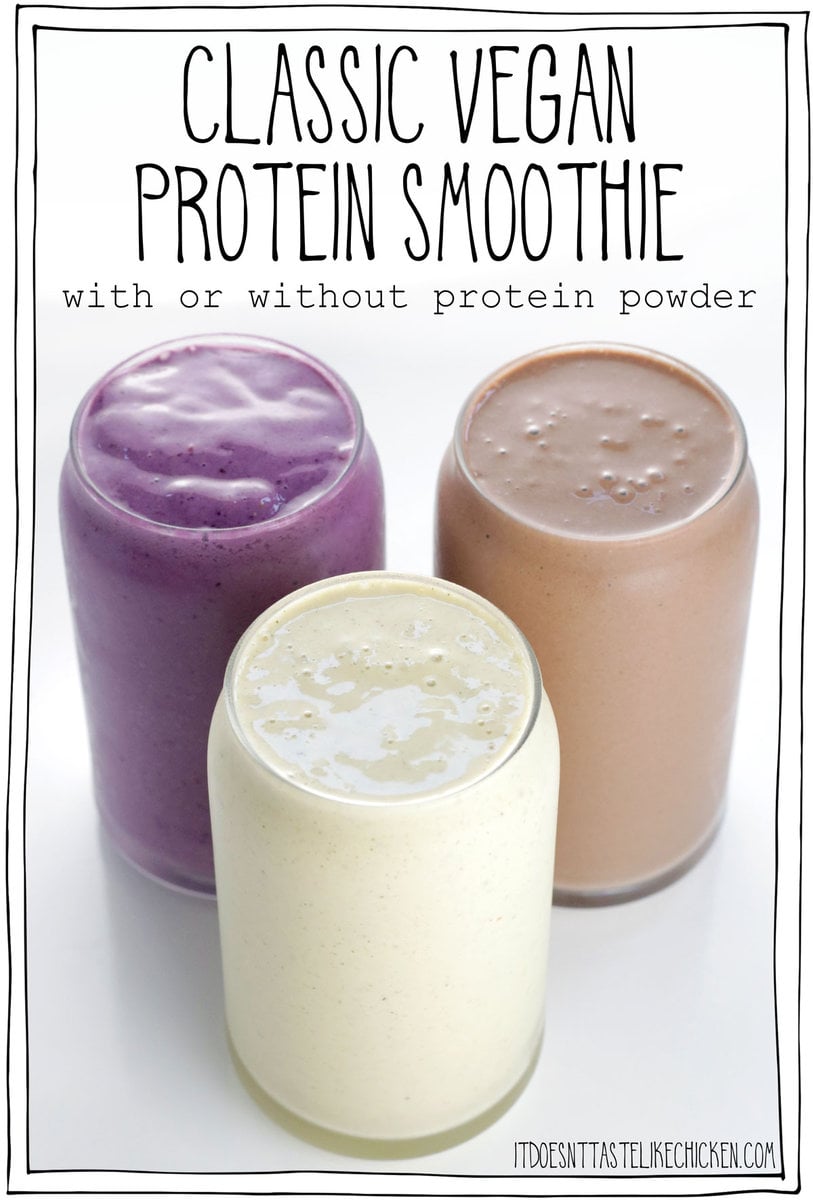Index Surge: Amplifying Your Insights
Stay updated with the latest trends and news across various industries.
Shake It Up: The Surprising Truth About Protein
Uncover the shocking secrets of protein! Discover how it impacts your health and fitness in ways you never imagined. Shake up your nutrition now!
The Role of Protein in Your Diet: Myths vs. Facts
Protein is an essential macronutrient that plays a crucial role in building and repairing tissues, making enzymes and hormones, and supporting overall health. Despite frequent discussions about protein, many myths surround its importance and sources. One common myth is that you need to consume massive amounts of protein to be healthy. In reality, the average adult requires about 0.8 grams of protein per kilogram of body weight per day, although individual needs can vary based on factors such as activity level and age. Understanding this can help debunk myths that lead to unnecessary protein supplementation.
Another prevalent myth is that all protein sources are created equal. While it's true that protein can be obtained from both animal and plant sources, not all proteins provide the same benefits. Animal proteins, such as meat, dairy, and eggs, typically contain all the essential amino acids needed for muscle repair and growth. In contrast, many plant proteins, like legumes and grains, may lack one or more essential amino acids. However, by combining different plant-based proteins, such as rice and beans, you can still achieve a complete amino acid profile, making it possible for vegetarians and vegans to meet their protein needs effectively.

Plant-Based vs. Animal-Based Proteins: Which is Better?
When it comes to protein sources, one of the most debated topics is Plant-Based vs. Animal-Based Proteins. Plant-based proteins, derived from sources like beans, lentils, nuts, and whole grains, offer a variety of health benefits. They are typically lower in saturated fat and cholesterol, which can promote heart health. Additionally, they are rich in fiber, vitamins, and antioxidants, making them a nutritious choice for overall wellness. On the other hand, animal-based proteins, found in meat, dairy, and eggs, are often considered complete proteins because they contain all nine essential amino acids necessary for the body.
Cost, environmental impact, and dietary restrictions play significant roles in determining which protein source is better for individuals. While animal-based proteins can be more nutrient-dense, they also come with higher environmental costs due to livestock farming. Conversely, plant-based proteins are generally more sustainable and cost-effective. Ultimately, the choice between Plant-Based and Animal-Based Proteins depends on personal health goals, ethical beliefs, and lifestyle preferences. A balanced diet incorporating a mix of both protein sources may provide the optimal approach for most individuals.
How Much Protein Do You Really Need? Debunking Common Misconceptions
Determining how much protein you really need can be confusing, especially with so much conflicting information available. Many people believe that athletes or those engaging in rigorous exercise require excessive amounts of protein, often exceeding 2 grams per kilogram of body weight. However, numerous studies indicate that for most active individuals, a protein intake of 1.2 to 1.7 grams per kilogram of body weight is sufficient. This misconception leads many to consume unnecessary amounts of protein supplements, which can be expensive and may contribute to health issues if overconsumed.
Another common myth is that you need to consume protein with every meal to maximize muscle growth or recovery. While protein is indeed essential for these processes, the body is highly efficient at utilizing amino acids over time. It's crucial to spread your protein intake throughout the day, aiming for 20-30 grams per meal, rather than fixating on individual servings. This approach helps to maintain a steady supply of amino acids, supporting muscle repair and growth without overwhelming the body with excess protein it doesn't need.